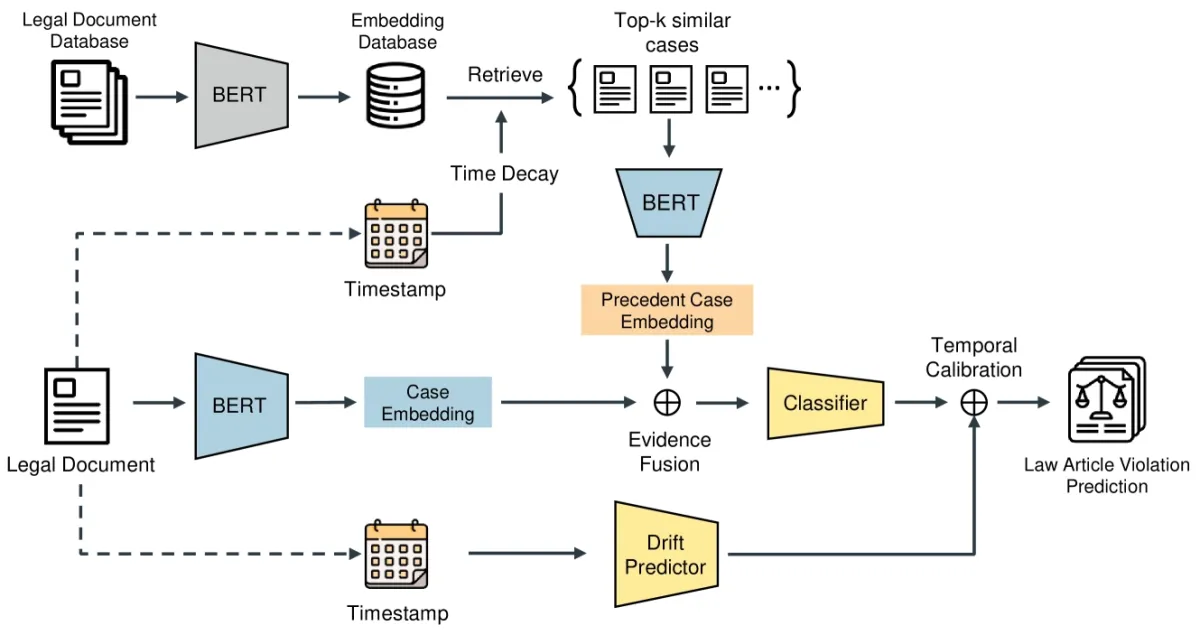
The Rise of AI in Legal Research
The legal profession, long known for its reliance on meticulous research and painstaking analysis, is undergoing a significant transformation. The advent of artificial intelligence (AI) is revolutionizing how legal professionals conduct research, promising faster, more efficient, and potentially more accurate results. Tools leveraging AI are no longer a futuristic fantasy; they are becoming increasingly integrated into everyday legal practice, streamlining workflows and allowing lawyers to focus on higher-level tasks.
AI-Powered Legal Research Tools: Functionality and Capabilities
These AI-powered tools aren’t just glorified search engines. They employ sophisticated algorithms, including natural language processing (NLP) and machine learning (ML), to understand the nuances of legal language. They can sift through vast databases of case law, statutes, regulations, and secondary sources with incredible speed, identifying relevant documents far more efficiently than a human researcher could. Beyond simple keyword searches, these tools can understand the context of a query, identifying related concepts and precedents even if they don’t contain the exact same terms. Some even offer predictive capabilities, anticipating the likely outcomes of cases based on historical data.

Improving Accuracy and Reducing Bias in Legal Research
One of the most significant benefits of AI in legal research lies in its potential to improve accuracy and reduce bias. Human researchers, despite their expertise, can be susceptible to cognitive biases that might influence their selection of cases or interpretation of legal precedents. AI, on the other hand, operates objectively, based solely on the data it is trained on. While the data itself might contain biases, a well-designed AI system can be transparent about its limitations and help researchers identify potential biases in the data it uses. This allows for a more thorough and critical examination of the research, ultimately leading to better-informed legal decisions.
Faster Turnaround Times and Increased Efficiency
The speed at which AI can process and analyze legal information is a game-changer. Tasks that once took hours or even days can now be completed in minutes, significantly reducing turnaround times for clients and freeing up lawyers to focus on other crucial aspects of their work, like strategy development and client communication. This increased efficiency translates to cost savings for both law firms and their clients, making legal services more accessible.
Accessibility and Democratization of Legal Information
The accessibility of legal information has long been a major hurdle in ensuring access to justice. Expensive databases and specialized knowledge often create barriers for individuals and smaller firms. AI-powered legal research tools have the potential to democratize access to legal information, making it easier and more affordable for individuals to conduct their own research or to find affordable legal representation. This is particularly crucial for individuals facing legal challenges who might otherwise be unable to afford the cost of traditional legal research.
Challenges and Considerations in Implementing AI Legal Research Tools
Despite the numerous benefits, challenges remain. The accuracy of AI relies heavily on the quality and completeness of the data it is trained on. Inconsistent or biased data can lead to inaccurate or misleading results. Moreover, the “black box” nature of some AI algorithms can make it difficult to understand how they arrive at their conclusions, raising concerns about transparency and accountability. The ethical implications of using AI in legal research, such as the potential for algorithmic bias and the need for human oversight, require careful consideration and ongoing discussion.
The Future of AI in Legal Research
The integration of AI in legal research is still in its early stages, but the potential is immense. As AI technology continues to evolve, we can expect even more sophisticated tools capable of handling complex legal tasks with greater accuracy and speed. The collaboration between human lawyers and AI will be key, leveraging the strengths of both to provide better legal services and ensure equitable access to justice for all. This partnership is likely to reshape the legal landscape in the years to come, leading to a more efficient, accurate, and accessible legal system. Read also about AI in legal research benefits.
